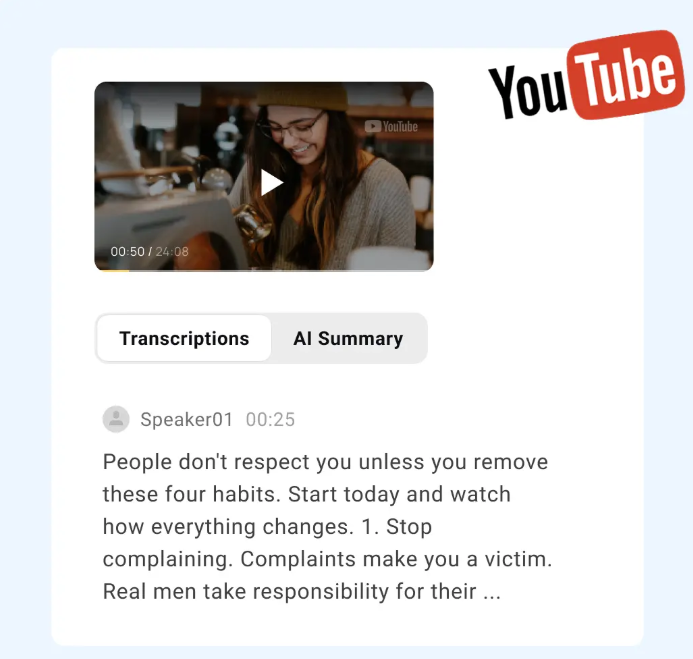Federal crimes are those in which the perpetrators directly violate federal laws or statutes of the United States; they are violations of specific federal statutes of the United States. Federal violations can frequently result in significantly harsher punishments than those imposed by state courts and are prosecuted by government organizations like the Federal Bureau of Investigation (FBI).
In simple words, a federal crime or federal offense in the United States is an act that is rendered unlawful by federal legislation that the president and both the Senate and House of Representatives have approved.
For federal charges, whether a drug charge or something else, federal drug crime lawyers and attorneys can vehemently specify and protect the litigants’ fundamental rights. According to the idea of “dual sovereignty,” prosecution occurs at both the federal and state levels.
As a result, a “federal crime” is prosecuted under federal criminal law rather than state criminal law, which applies to most crimes committed in the United States.
Drug Courts in the United States
Drug courts are specialised court programs that provide specific criminal (tribal drug courts, family drug courts, and so on) and tribal (family drug court) services.
Drug court programs may be used at different stages of the legal process, although they are frequently used after an arrest as an alternative to the standard criminal justice system.
Drug Courts and their Special Rehabilitation Characteristics
The formal drug policy of the United States has gradually moved away from a punishment-focused model toward a more all-encompassing strategy that focuses on prevention, treatment, and enforcement. The Obama Administration coordinated “an unprecedented approach to public health and safety at the federal level to minimise drug use and its effects.”
The Trump Administration asked for money in its FY2018 budget request for public health and safety initiatives to tackle the opioid epidemic.
This more comprehensive concept is consistent with the expansion of drug courts in American criminal justice.
Generally speaking, these specialist court programmers are meant to divert some people from receiving standard criminal justice penalties like incarceration. Several drug courts provide alternatives for those who might not otherwise have access to treatment and social services.
Federal Drug Courts and the 21st Century Cures Act 2016
When the 21st Century Cures Act (the Cures Act; P.L. 114-255) was passed in 2016, Section 14003 mandated that the DOJ establish a pilot program to evaluate the effectiveness of federal drugs and courts for mental health.
A pilot program that will divert certain offenders with mental illnesses or intellectual disabilities from federal prosecution, probation, or prison and place them in these specialised courts must be established by the DOJ in at least one U.S. judicial district18 within a year of the law’s enactment, with assistance from the Administrative Office of the United States Courts and the United States Probation Offices.
Federal Support for Drug Courts
The federal government has shown growing support for the drug court model through financial support for drug court programs, research, and various drug court initiatives. The Federal Government, through various legislation and initiatives and with the help of an expert drug lawyer and federal lawyer, is taking the necessary steps to make the system more transparent and effective.
Drug Court Discretionary Grant Program
The Department of Justice (DOJ) provides grants for creating and improving drug courts and training and technical support for 28 drug courts. The Drug Court Discretionary Grant Program (Drug Courts Program) is the main federal grant program that finances them.
This competitive grant program is jointly administered by the Department of Health and Human Services Substance Abuse and Mental Health Administration (SAMHSA) and the Office of Justice Programs (OJP) of the Department of Justice (DOJ) (HHS).
To construct and improve drug courts for nonviolent offenders with substance addiction difficulties, grants are given to the state, local, tribal, and state and local courts.
Impact of Drug Courts
Drug court research, funding for their creation and improvement, and 28 training and technical assistance programs are all supported by the Department of Justice (DOJ). They are primarily supported by the Drug Court Discretionary Grant Program (Drug Courts Program), a federal grant program.
This competitive grant program is jointly administered by the Substance Abuse and Mental Health Administration (SAMHSA) within the Department of Health and Human Services and the Office of Justice Programs (OJP), Bureau of Justice Assistance (BJA), within the Department of Justice.
Grants are given to tribal, state, and local governments as well as to state and local courts themselves in order to establish and improve drug courts for nonviolent offenders with substance abuse problems.
The opioid epidemic
Congress has long been concerned about the opioid epidemic of illicit drug use and abuse in the United States. Recently, Congress has given attention to opioid abuse and especially overdose deaths involving prescription and illicit opioids. In 2015, there were 52,404 drug overdose deaths in the United States, including 33,091 (63.1%) that involved an opioid.
Also, in 2016, SAMHSA estimated that 329,000 Americans age 12 and older were current users of heroin, and approximately 3.8 million Americans were current “misusers” of prescription pain relievers. Policymakers may debate whether drug courts are an effective tool in the package of federal efforts to address the opioid epidemic.
Policy options include, but are not limited to, increasing federal funding for drug courts, expanding federal drug court programs, and amending the Drug Courts Program to possibly include a broader group of offenders, among other potential changes.
Conclusion
We concluded from the preceding discussion that in the United States, special initiatives and steps are taken by the federal government in collaboration with state drug and defense lawyers to make the courts and their systems easy and accessible. Their main focus is on rehabilitation measures rather than punitive steps; they are focusing on treating drug-case criminals with respect and dignity and on making them valuable members of society again so that they can serve and spend their time according to high standards with their kids and family.












